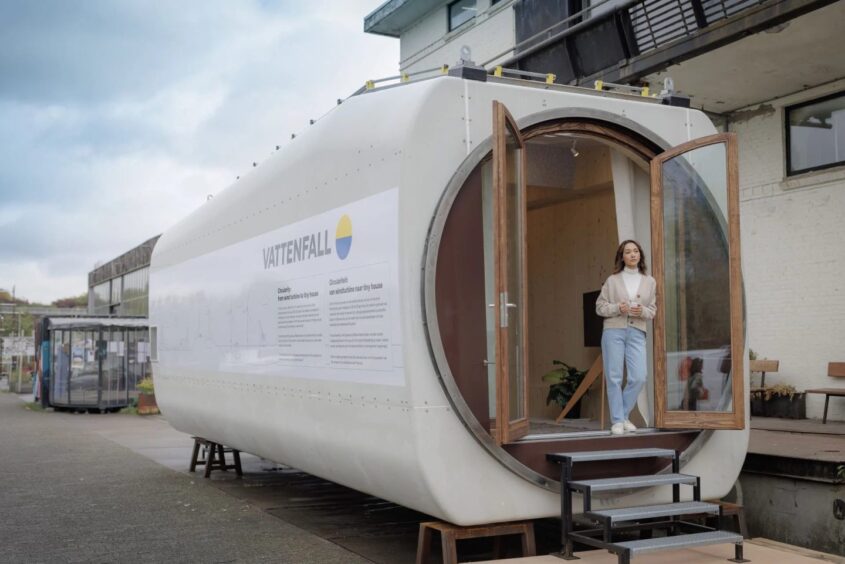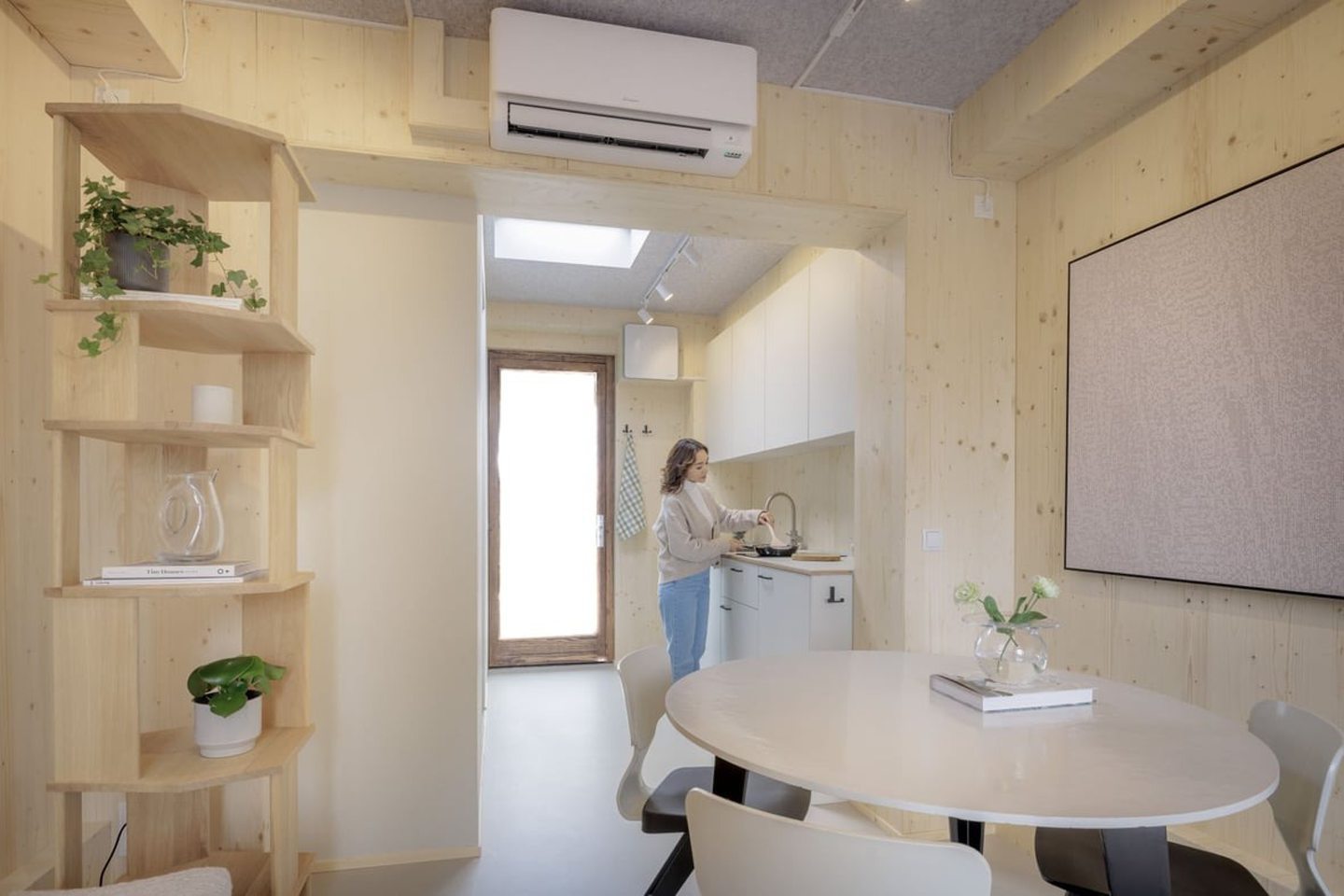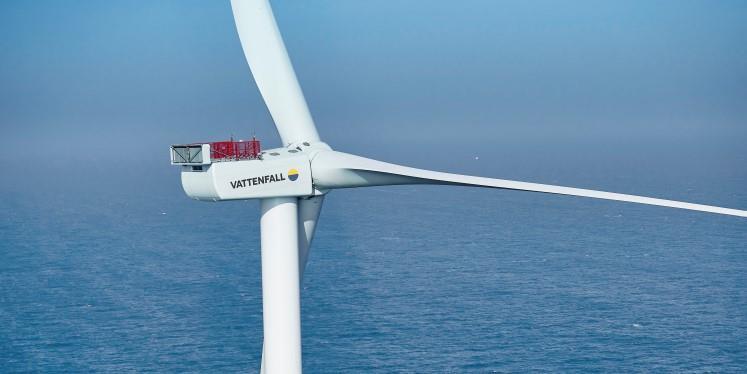
Swedish firm Vattenfall has unveiled a concept design which could see old wind turbines repurposed as a ‘tiny house’ in future.
Vattenfall commissioned architecture firm Superuse to design the tiny house, which is made from a Vestas V80 2 MW turbine nacelle.
The turbine was built at the Austrian Gols wind farm in 2005, and produced 73 GWh of electricity over its 20-year life.
Vattenfall said in the coming decade thousands of wind turbines will be “demolished or replaced”, with many major components able to recycled such as those made from steel.
However, Vattenfall said the “downside is that this takes a lot of energy and creates emissions”.
The company invited four design firms to come up with ideas for a “second life for wind turbines” where materials can be reused “with as little reprocessing as possible”.
Vattenfall director of innovation Thomas Hjort said the company is seeking “innovative ways” to reuse materials as completely as possible.
“So making something new from them with as few modifications as possible,” Hjort said.
“That saves raw materials, energy consumption and in this way we ensure that these materials are useful for many years after their first working life.”
Wind turbine tiny house
Dutch firm Superuse opted to turn the Vestas nacelle into a building-code compliant house.
Vattenfall said the V80 turbine is the first wind turbine model large enough for use as a tiny home, with nacelles from later turbines often offering much more space.
Despite its limited size, Vattenfall said the tiny house is fully compliant with building regulations and usable for habitation or as a holiday home.
The construction of the tiny house was delivered by Blade-Made, a Superuse subsidiary which makes playgrounds and “urban furniture” from wind turbine blades.
Superuse and Blade-Made partner Jos de Krieger said there are at least 10,000 V80 nacelles available around the world.
“This offers perspective and a challenge for owners and decommissioners,” de Krieger said.
“If such a complex structure as a house is possible, then numerous simpler solutions are also feasible and scalable.”
Wind turbine recycling
Companies around the world are looking to tackle the problem of decommissioning in the wind sector as early projects reach their end-of-life.
Old wind turbine components are being repurposed as bus stops and dining tables, and being recycled into composite panels.
Meanwhile, firms from Taiwan to the Isle of Man are aiming to create fully recyclable composite materials for new wind turbine construction, while Swedish firm Modvion is one of several firms aiming to create turbines out of wood.

 © Supplied by Vattenfall
© Supplied by Vattenfall © Supplied by Vattenfall
© Supplied by Vattenfall